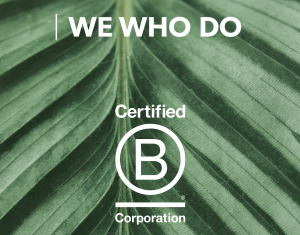As an internationally used platform AirBnB’s logo is hugely recognisable and is widely considered to have changed the way we look at renting accommodation while on holiday. Most travellers have heard about AirBnB as an accommodation solution and a way of getting to grips with local culture and immersing oneself in a new place. But with their latest feature ‘AirBnB Experiences’, the online platform has enabled even greater interaction between locals and tourists.
AirBnB’s latest advance
As a major player in the sharing economy, AirBnB has, in the last year, added an additional feature to their service. Advances in technology in the tourism industry mean AirBnB Experiences now make it easier for tourists to immerse themselves in local life through their enhanced travel planning app. With the click of a button or the touch of a screen, tourists can book their accommodation and fill their cultural agendas with AirBnB Experiences.
Bringing tourists closer to culture
Whether it’s via their app or their website, AirBnB is revolutionising the way tourists engage with local culture while strengthening the local sharing economy at the same time. AirBnB Experiences works by upselling cultural activities in the destination area guided by local people. These experiences include a whole host of things from Irish bar crawls to Dutch canal drawing tours, with theatre shows and local culinary lessons in between. With such a diverse array of experiences on offer for an equally as diverse array of tourists, AirBnB Experiences brings tourists closer to locals while making sure income remains in the local area.
Boosting the local economy
AirBnB Experiences doesn’t just strengthen the value offering of the AirBnB brand or provide travellers with an easier way to plan a unique itinerary before landing in the host country, it also boosts the local sharing economy throughout the world. It does this by providing either a full-time job or additional income for those hosts offering experiences. When a tourist books an experience via the website or the app, the money goes directly to the host. This ensures tourist income stays in the local community. In this way, AirBnB continues to upset the traditional model of tourism by circumnavigating the usual activities and attractions which may be owned by larger profit-makers or multinational corporations. The money spent by the tourist is thus not leaked to other countries but instead filters down into the hands of smaller businesses and entrepreneurs in the local economy.







